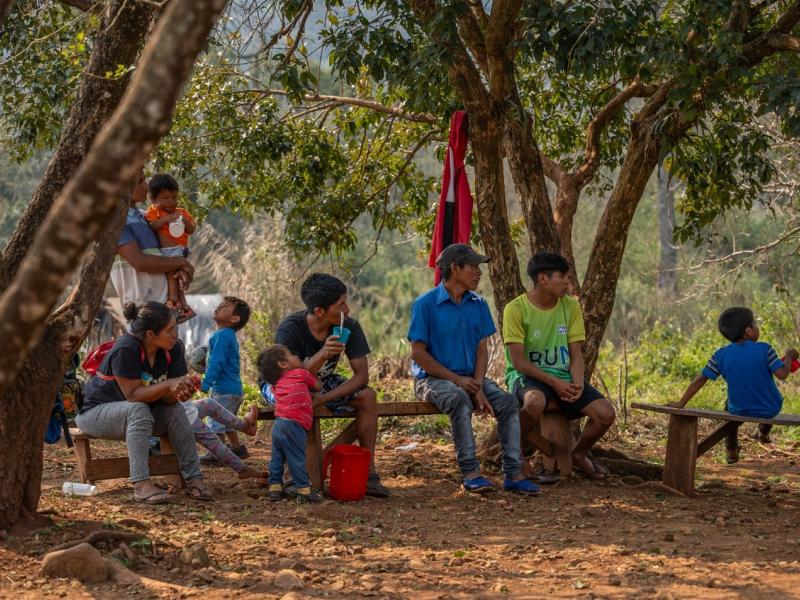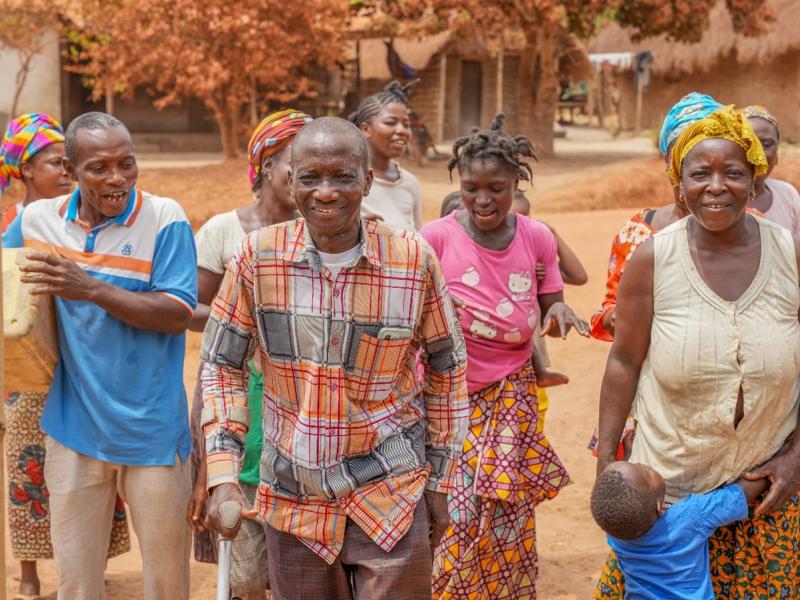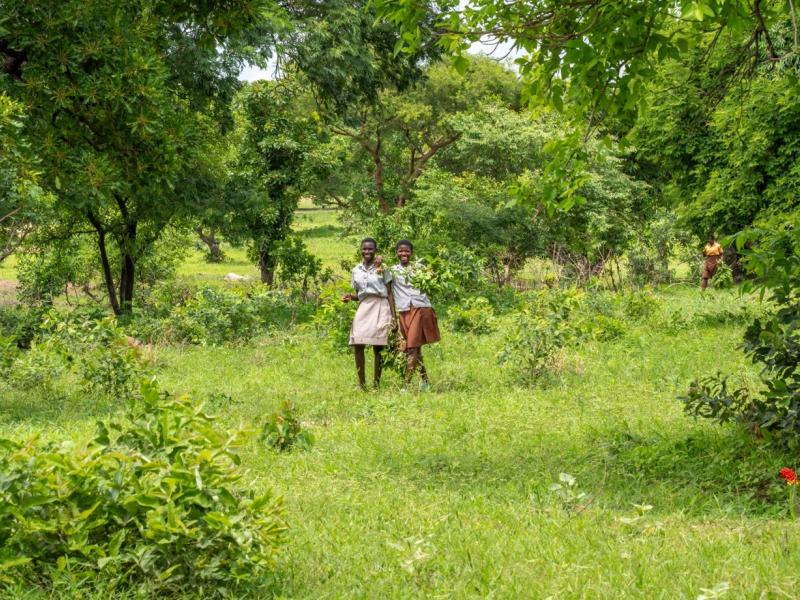25 November 2024, Baku - An online platform packed with enhanced learning resources and powered by AI was launched at the COP29 summit this week – aiming to provide a one-stop source for governments and communities looking to ramp up action on reducing carbon emissions and deforestation.
The revitalized REDD+ Academy 3.0 – an upgrade from two previous versions - was unveiled by the UN-REDD Programme at 29th session of the Conference of the Parties (COP29) to the UN Framework Convention on Climate Change (UNFCCC) in Baku, Azerbaijan on 21 November.
Featuring an AI chatbot, micro-learning tools and tailored resources, the new online portal has created a global community of both beginners and seasoned practitioners to support governments and communities with their REDD+ (Reducing emissions from deforestation and forest degradation in developing countries) implementation.
“We are moving from an era where we were doing pilots and making commitments, and now we are moving into a decade where we have to massively scale up actions and finance - and connect different sectors,” said UN-REDD Head Mario Boccucci at the launch event.
“We need to up our collective game. This is where learning is of paramount importance. This learning is going to be a key feature to achieve the objectives that we have put to ourselves – halting and reversing deforestation by 2030 and mobilizing climate finance to scale. I see this platform, not only as a learning opportunity, but also as a connecting opportunity,” he added.
Using interactive learning labs, a variety of learning resources and communities of practice designed to address the challenges of REDD+ implementation, the REDD+ Academy will allow users to move beyond readiness to actionable solutions for deforestation and carbon emissions reduction.
The platform will look to share knowledge and improve collaboration on both old and new topics – such as nesting REDD+ and carbon markets for forests – which are crucial for tackling deforestation and strengthening climate action strategies.
Mr. Lee Woosub, Deputy Director of the Korea Forest Service, which is supporting the initiative, cited the regional Learning Labs run by REDD+ as useful in building knowledge on the framework but hoped that the Academy could build on this work.
“The Academy has good texts but is only in English and has very few other languages, so I’d like (it) to translate these texts into many languages to help communities or other indigenous groups so that they can understand that REDD+ brings not only carbon benefits but also non-carbon benefits such as alternative income generation, eco-tourism, micro-finance, awareness raising, and so forth,” he added.
Mr. Lee also urged participating REDD+ countries to provide links to the Academy platform on their government websites to promote engagement, especially among Indigenous Peoples.
The Academy uses AI-powered translation to provide content in multiple languages.
With structured learning tools and a robust community of more than 1,000 global users ready to discuss best-practice and successful policies, the Academy’s launch coincided with the release of a new learning journal on nesting approaches in REDD+, which provides step-by-step guidance on nesting REDD+ initiatives.
“Knowledge platforms serve as centralized hubs where resources, knowledge products, data and tools can be made accessible to all actors – regardless of their age, gender, location or expertise,” Daphne Gitonga of the Africa Forest Forum said at the launch.
“This levels the playing field, addressing systemic barriers, while at the same time involving marginalized groups and ensuring equitable access to information. AI and machine learning are tools that are available on knowledge platforms that provide tailored learning journeys through users’ interests, roles or expertise,” she added.
“We should combine both theoretical learnings with on-ground trainings (and) that way we will be able to work together to foster an uptake of information.”
To visit the REDD+ Academy 3.0, click here




